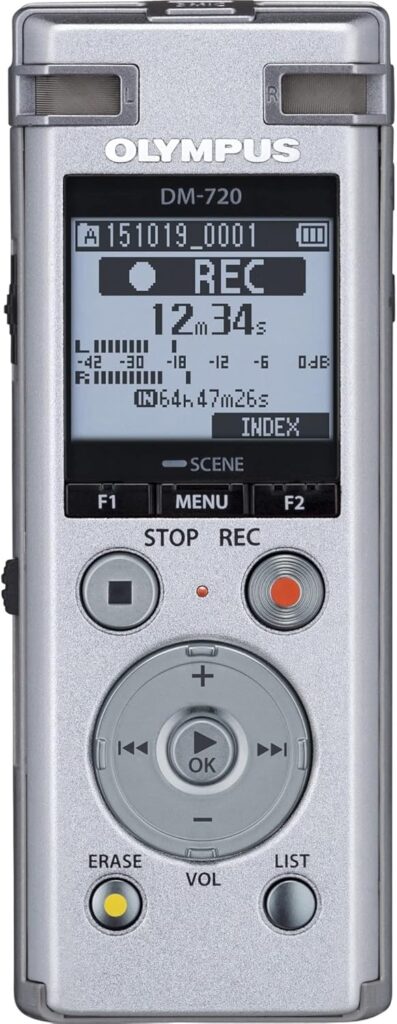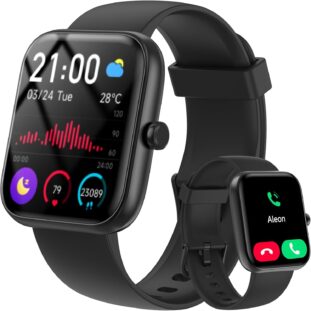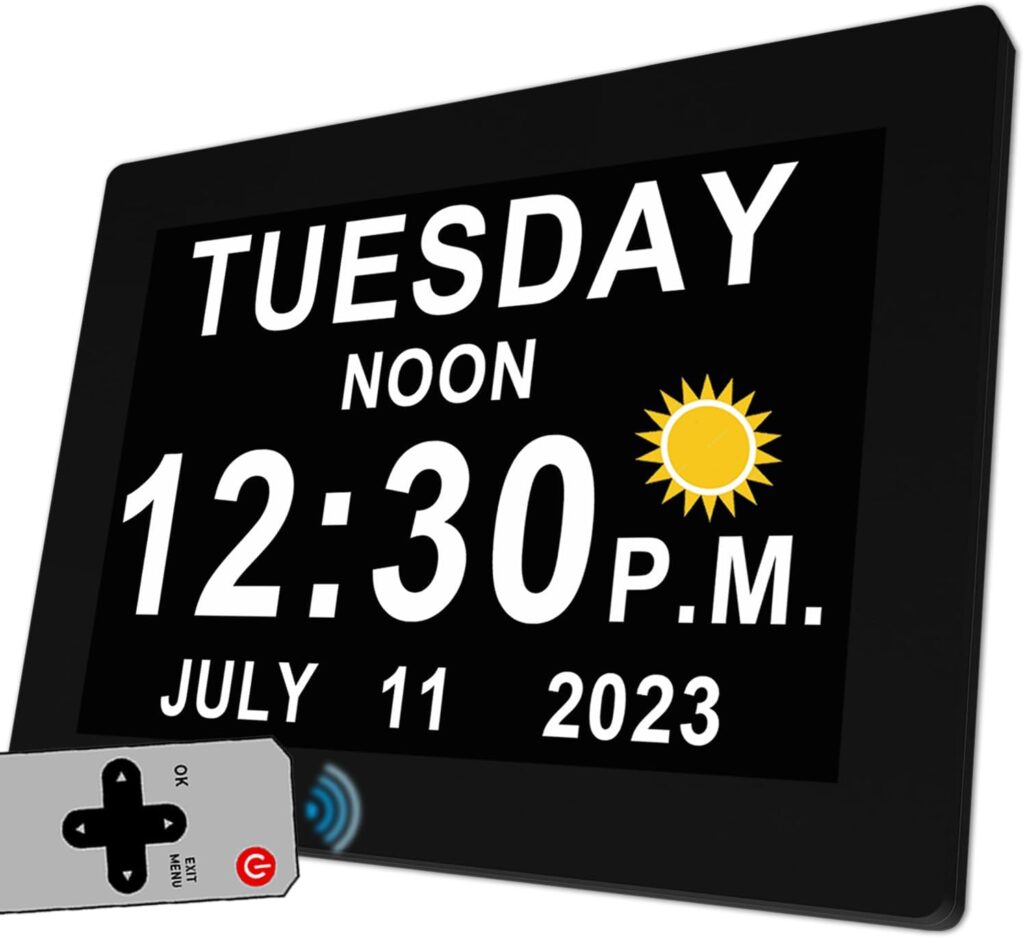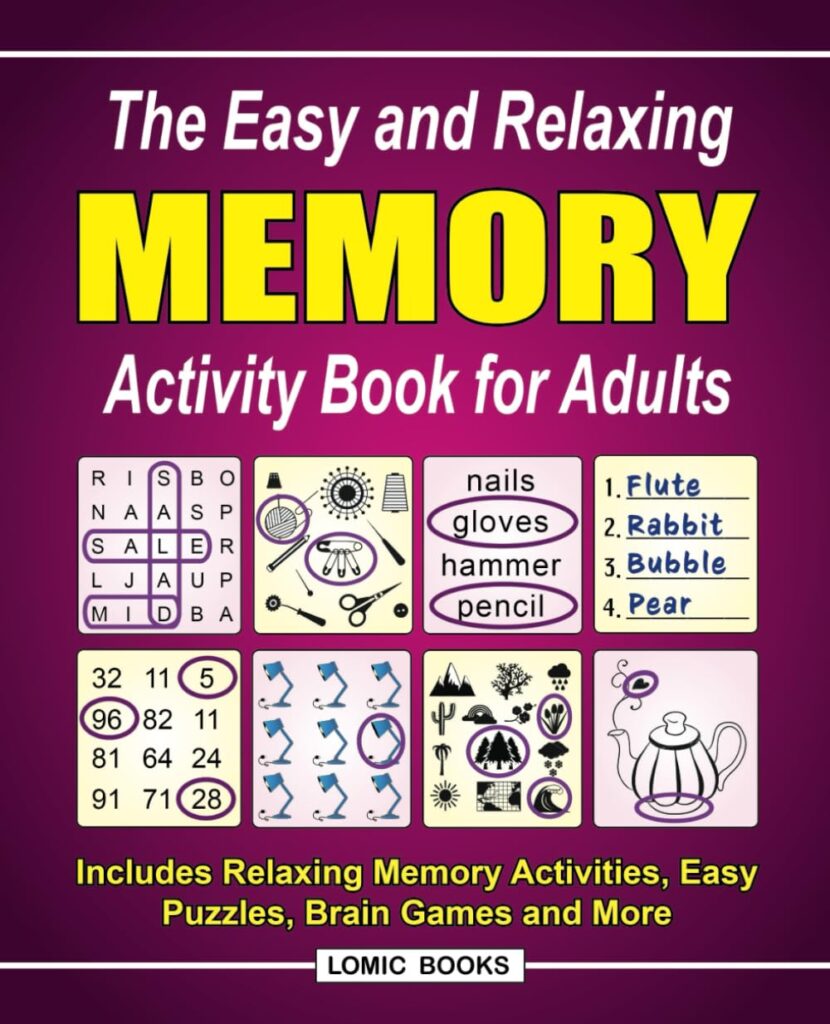Discover the different types of memory loss, from age-related forgetfulness to serious cognitive conditions. Learn how to manage symptoms, improve brain health, and stay sharp with expert-backed tips and strategies.
Ever walked into a room and forgotten why? Or struggled to recall a name that was just on the tip of your tongue? Memory lapses happen to everyone, but when do they signal something more serious?
Understanding the different types of memory loss—from minor age-related slips to medical conditions like dementia—can help you take proactive steps toward protecting your cognitive health.
In this article, we’ll break it all down, explore causes, and share practical ways to boost memory and maintain mental sharpness for years to come.
Understanding Types of Memory Loss and Their Impact
Memory isn’t just about recalling where you left your keys—it’s the foundation of how we connect with others, build habits, and navigate daily life.
When different types of memory loss creep in, whether as a natural part of aging or due to underlying health issues, it can throw a wrench into everyday routines. But how do you know if it’s just a “senior moment” or something more serious?
More Than Just Forgetfulness
The effects of different types of memory loss go far beyond misplaced names or forgotten appointments. It can shake confidence, strain relationships, and even make communication more challenging.
For families and caregivers, watching a loved one struggle with memory decline can be heartbreaking and overwhelming.
Knowing the difference between normal forgetfulness and potential cognitive decline can make all the difference in seeking the right support.
Different Types of Memory, Different Challenges
Memory isn’t just one single function—it’s an intricate system that works in layers. Short-term memory loss might make it tough to remember what you just read, while long-term memory loss can erase childhood memories or important life events.
Each type plays a unique role, and when one starts to falter, it affects individuals in different ways. Often, these changes are subtle at first—maybe you chalk it up to stress or distraction—but over time, patterns emerge.
The Science of Holding On to Memories
Know this – Memory isn’t set in stone! Research continues to highlight how lifestyle choices, brain-stimulating activities, and even social engagement can help keep cognitive function strong.
Activities like brain games, staying physically active, and even regular conversations with friends can slow down age-related memory loss and keep the mind sharp.
By understanding the different types of memory loss and their effects, you can take proactive steps to support brain health, maintain independence, and keep life’s cherished moments intact.
Different Types of Memory Loss
Not all types of memory loss are the same—some are temporary and treatable, while others indicate more serious conditions. Knowing the difference can help you or a loved one take the right steps toward maintaining cognitive health.
Age-Related Memory Loss: Normal or Concerning?
Forgetting why you walked into a room or misplacing your glasses now and then? That’s likely age-related memory loss, a natural part of getting older. It’s usually mild and doesn’t interfere much with daily life.
Of course, it can be annoying, but it’s not necessarily a red flag for something more serious. Staying mentally active, eating well, and getting enough sleep can help keep those occasional lapses in check.
Mild Cognitive Impairment and Dementia: When Memory Loss Becomes Serious
While some forgetfulness is normal, mild cognitive impairment (MCI) and dementia bring more pronounced memory struggles. People with MCI may forget appointments or repeat conversations but can still function independently.
Dementia, including Alzheimer’s disease, affects long-term memory, decision-making, and even personality over time. Early diagnosis is key—lifestyle changes, cognitive therapy, and medication can sometimes slow progression.
Amnesia: Memory Loss from Trauma or Stress
Unlike gradual memory decline, amnesia often comes on suddenly. It can result from a head injury, severe emotional stress, or neurological conditions.
Some people experience dissociative amnesia, where traumatic events are wiped from memory as a defense mechanism. These gaps can be distressing, but therapy and time can sometimes help restore lost information.
Other: Memory Loss as a Symptom of Other Conditions
Memory issues don’t always stem from aging or neurological disorders. Metabolic imbalances, infections, and even stress-induced brain fog can affect cognitive function.
In some cases, treating the underlying condition restores memory. That’s why it’s important to rule out potential medical causes before assuming the worst.
Knowing When to Seek Help
Understanding types of memory loss helps you differentiate between normal forgetfulness and potential health concerns. If memory struggles start interfering with daily life, professional evaluation is really important!.
Early intervention can make a huge difference, whether through lifestyle changes, cognitive therapies, or medical treatments.
The bottom line? Keeping your mind sharp is just as important as taking care of your body. And the more you know, the better equipped you’ll be to tackle whatever memory challenges come your way.
Identifying Key Causes and Considerations
Understanding what causes types of memory loss is a crucial step in managing it. Memory impairment can stem from a variety of factors, some temporary and reversible, others more chronic. Here are key areas to consider when evaluating memory issues:
Recognize Symptoms
Not all memory lapses are created equal. Occasional forgetfulness—like misplacing your car keys—is normal, but struggling to recall recent events or repeating the same questions frequently could indicate something more serious.
Noticing patterns early helps in determining whether intervention is needed.
Consult a Healthcare Professional
If memory loss starts interfering with daily life, seeking medical advice is a must!
Cognitive tests, brain imaging, and neurological exams can help diagnose conditions like mild cognitive impairment or dementia, allowing for earlier intervention and better management.
Review Your Medical History
Your health history plays a big role in memory function. Conditions such as diabetes, heart disease, or past strokes can contribute to memory decline.
A detailed medical background provides critical insights into potential causes and treatment options.
Evaluate Lifestyle Factors
Think of memory as a garden—it thrives under the right conditions. Chronic stress, lack of sleep, and poor nutrition can all negatively impact cognitive function.
Simple changes, like improving sleep hygiene, eating a brain-boosting diet, and managing stress, can make a world of difference.
Review Your Medications
Certain medications can mess with memory. Some prescription drugs, especially sedatives, antihistamines, or antidepressants, can cause temporary brain fog or impair memory recall.
A conversation with a doctor can help identify alternatives that minimize these side effects.
Finally – The Bigger Picture: Memory Loss is Multifaceted
No single factor is solely responsible for the different types of memory loss. Instead, it’s usually a mix of genetics, environmental exposures, and lifestyle habits.
For example, prolonged high-stress levels can amplify memory struggles, making otherwise minor lapses feel much more pronounced.
Likewise, a combination of nutritional deficiencies and poor sleep habits can create a perfect storm for cognitive decline.
Medical professionals often emphasize a holistic approach when considering prevention and treatment. Mapping out a person’s overall well-being—including dietary habits, exercise, and mental health—paints a clearer picture of risks and potential interventions.
Families and caregivers can use this insight to create supportive strategies, ensuring that any warning signs are addressed before they become severe.
By understanding the root causes of types of memory loss, individuals can take proactive steps to safeguard their cognitive health, maintain independence, and preserve cherished memories for as long as possible.
Managing and Coping with Memory Loss
When types of memory loss start interfering with daily routines, finding effective ways to manage and adapt is essential. Fortunately, there are plenty of strategies to help compensate for memory challenges while also keeping the brain active and engaged.
They fall under the following broad categories that we will explore : lifestyle adjustments, cognitive therapies, use of technology, and engaging support systems.
These strategies roll into and define the ways in which adjustments can be made to your daily habits.
Lifestyle Adjustments for Better Memory
Sometimes, small lifestyle tweaks can have a big impact on memory retention. Here are a few simple but powerful changes:
- Consistent sleep schedule: Poor sleep is a major contributor to short-term memory loss. Aim for 7-9 hours of quality sleep per night.
- Declutter your environment: Organizing your home and labeling frequently used items can minimize confusion and stress.
- Practice mindfulness and stress reduction: High stress levels release hormones that negatively impact cognitive function. Deep breathing, yoga, or even listening to music can help keep your mind clear and focused.
Cognitive Therapies Help Strengthen Mental Flexibility
Working with a professional can provide targeted strategies to improve memory recall. Therapies such as:
- Reminiscence therapy: Using past memories to stimulate recall and discussion.
- Association techniques: Linking new information with familiar concepts to make learning easier.
- Problem-solving exercises: Enhancing critical thinking and cognitive flexibility.
People who participate in cognitive therapy often find that once they understand specific techniques tailored to their needs, navigating memory challenges becomes much easier.
Leverage Technology for Memory Support
With modern advancements, technology offers an extra layer of support:
- Voice recorders: Quickly capture thoughts, ideas, and reminders. Choose a recorder with a senior friendly visual screen, clear sound and easy navigation buttons.
- Smart home devices: Set up automated reminders for medications, appointments, or tasks.
- Wearable devices: Smart watches track sleep, activity, and some even detect signs of cognitive decline.
These tools help reduce mental load, making daily life smoother and less stressful.
The Power of Support Systems
Having a strong support network can make all the difference when dealing with types of memory loss. Connecting with others who share similar experiences can help ease anxiety and provide fresh coping strategies.
Many local organizations host support groups where people can swap advice, share stories, and gain encouragement.
By taking a proactive approach and making small adjustments over time, it’s possible to maintain a fulfilling, independent lifestyle—even in the face of memory challenges.
The key is to find what works best for you and to remember: you’re not alone on this journey.
Adjust Your Daily Habits
The key is to tweak your daily habits in ways that support cognitive function while reducing frustration. Here are some tried-and-true techniques:
Memory Training and Brain Games
Think of your brain like a muscle—the more you use it, the stronger it gets. Memory exercises, puzzles, and brain-training apps can help stimulate cognitive function and improve recall. Even simple activities like crossword puzzles or learning a new hobby can work wonders.
Structured Routines
A predictable daily schedule reduces mental strain. Sticking to regular meal times, exercise, and sleep patterns minimizes forgetfulness and helps reinforce habits. The more consistent your routine, the less your brain has to work to keep up.
Use Technology to Your Advantage
Smartphones and digital tools can act as external memory banks. Reminder apps, note-taking apps, and voice assistants can help keep track of appointments, medications, and important tasks.
Setting alarms for daily routines or using sticky notes around the house can also provide helpful cues.
Prioritize Diet and Exercise
What you eat and how you move matters. Brain-boosting foods like leafy greens, berries, and omega-3 fatty acids can help support cognitive health.
Several other foods that act as fuel for the brain include eggs, chocolate, nuts, and salmon.
Regular physical activity increases blood flow to the brain, improving memory and concentration. Even a daily walk can make a noticeable difference.
Stay Socially Engaged
Conversations and social interactions keep the mind sharp. Whether it’s joining a club, chatting with friends, or volunteering, regular social engagement helps maintain cognitive skills and reduces the risk of memory decline.
What are the Right Approaches to Treatment and Support?
Addressing types of memory loss often requires a mix of medical and non-medical interventions. Because every case is unique, treatments should be tailored to individual needs under professional guidance.
With the right strategies, it is possible to slow progression, improve cognitive function, and enhance quality of life.
Medical Interventions: When Professional Help is Needed
In many cases, early detection and proactive care make a significant difference. Medical treatments can include:
- Cognitive Therapy: Structured rehabilitation programs that focus on memory training and problem-solving.
- Medications: Some prescription drugs can help manage symptoms or slow down memory deterioration, especially in conditions like Alzheimer’s disease.
- Routine Check-Ups: Regular visits to a doctor can help track cognitive changes and adjust treatment plans accordingly.
- Exercise Programs: Physical activity has been linked to improved brain function and better blood flow, both of which support memory retention.
Non-Medical Approaches to Types of Memory Loss: Support Memory Naturally
While medications and therapies play a role, lifestyle adjustments can also make a big impact. Families and caregivers can help by creating an environment that supports cognitive health and encourages mental stimulation.
Here are some of the most effective non-medical treatments:
Cognitive Stimulation Therapy: Engaging in brain exercises like word puzzles, storytelling, or problem-solving activities helps maintain neural pathways and strengthens recall abilities.
Structured therapy sessions often include group discussions and memory challenges to keep the mind sharp.
Memory Rehabilitation Programs: These specialized programs focus on rebuilding memory function after an injury or in the early stages of neurodegenerative diseases.
Techniques may include memory recall exercises, association techniques, and structured daily routines to reinforce learning.
Social and Emotional Support: Staying socially active has been shown to slow cognitive decline. Support groups, therapy, and regular engagement with loved ones can make a huge difference.
Conversations, shared experiences, and a strong support network can help ease the emotional burden of memory loss.
Blend Strategies for the Best Outcome
There’s no one-size-fits-all solution for memory challenges—it often takes a combination of medical treatments, lifestyle adjustments, and emotional support to see the best results.
By staying proactive and open to different approaches, individuals and families can take meaningful steps toward preserving long-term brain health and maintaining independence for as long as possible.
Final Thoughts: Navigating the Different Types of Memory Loss
Understanding the types of memory loss is the first step toward protecting your cognitive health. Whether it’s minor forgetfulness from aging or a more serious neurological condition, awareness leads to action.
Fortunately, you have more control than you think! Small lifestyle changes—like brain exercises, social engagement, and a healthy diet—can make a real difference.
Pair that with expert guidance and a strong support system, and managing memory challenges becomes far more achievable.
There is no single fix, but a combination of treatment options and proactive habits can help maintain independence and well-being. If you or a loved one are noticing symptoms, don’t wait—take action now.
Stay informed, stay engaged, and remember: every effort you make today lays the foundation for a sharper, healthier tomorrow.
Related Articles
FAQs for Types of Memory Loss
Many people have questions when memory loss starts impacting life. Below are some common queries along with straightforward answers that have helped many understand their situation better.
What are the most common causes of memory loss?
Memory loss can be linked to normal aging, chronic conditions like Alzheimer’s and dementia, head injuries, emotional stress, and side effects from some medications. Identifying the underlying cause is key.
Can the different types of memory loss be prevented?
While not all forms of memory loss are preventable, many lifestyle changes can delay or reduce the impact. Maintaining a balanced diet, regular exercise, cognitive engagement, and proper sleep helps support brain health.
When is it time to seek professional help?
If you notice a consistent decline in memory that interferes with everyday activities or causes significant distress, it is wise to consult a healthcare provider for a full assessment.
Are there any effective treatments available?
Treatment depends on the type and cause of memory loss. Options include cognitive therapies, medications, lifestyle adjustments, and structured rehabilitation programs. In many cases, tailored approaches offer practical support and can help improve daily functioning.
References
Williams, M.E. (2016) How Aging Affects Our Memory: Does our intelligence decline as we age? Psychology Today. https://www.psychologytoday.com/us/blog/the-art-and-science-of-aging-well/201611/how-aging-affects-our-memory






